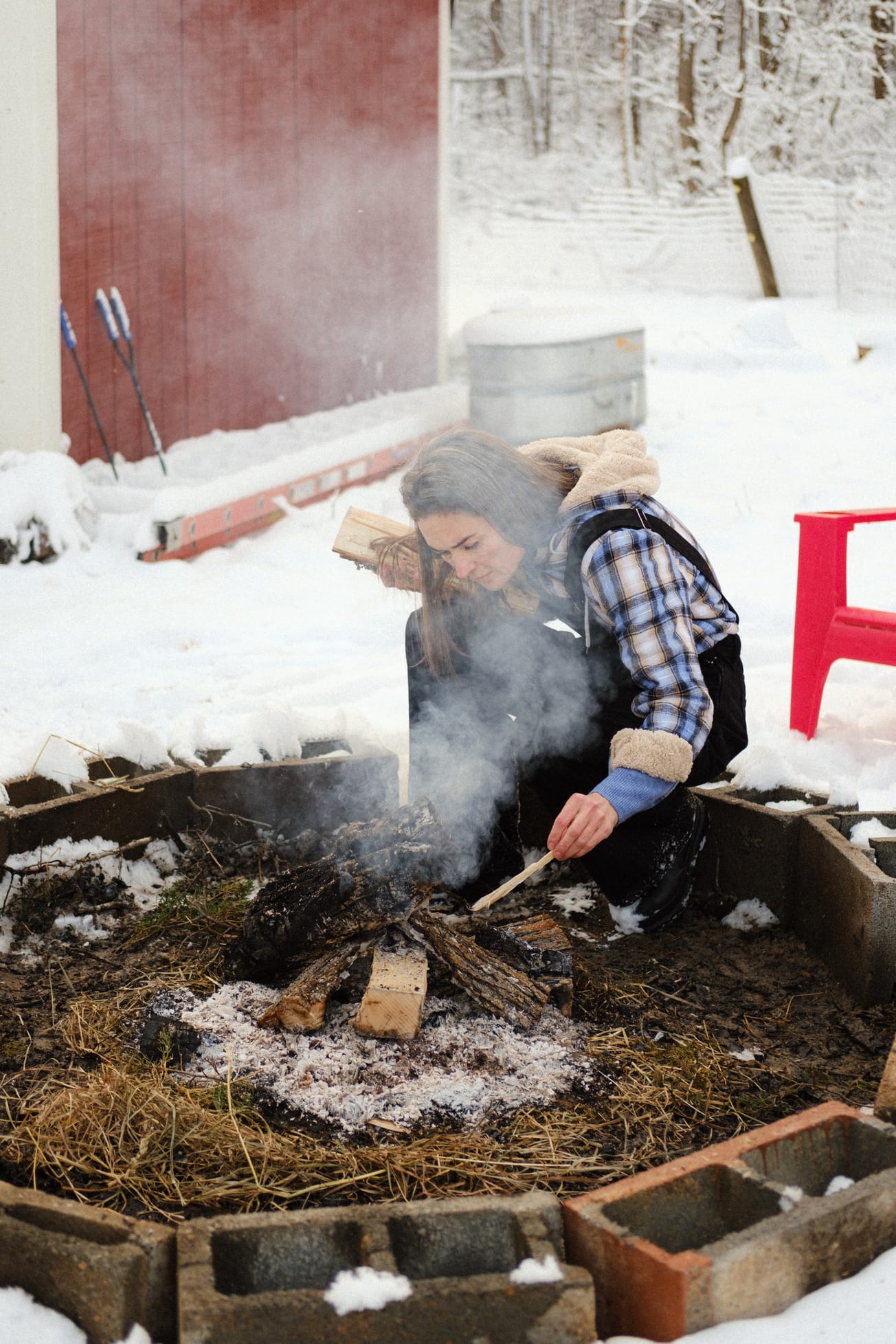At first glance, Donella Meadows’ Thinking in Systems and Nassim Taleb’s Antifragile (along with The Black Swan) may not seem connected. One is academic, systematic, and rooted in science; the other is philosophical, sometimes provocative, even confrontational. Yet for me, these books belong together. Whenever I reread one, I inevitably reach for the other.
Systems that evolve
Thinking in Systems is about how systems grow, sustain themselves, and change over time. Meadows explains the role of positive and negative feedback, the patterns of stability and collapse, and the hidden rules that make complex systems — from businesses to societies — function or fail. Her perspective is precise and deeply scientific, but always accessible.
Taleb, by contrast, is not offering academic models. In Antifragile, he argues that people and systems can thrive precisely because of shocks, randomness, and stressors. They don’t just survive volatility — they gain from it. The Black Swan expands on this by showing how rare, unpredictable events aren’t anomalies, but certainties. The question isn’t whether they’ll happen, but whether we’re prepared.
A bridge to ISO standards
Together, these books reshaped how I see ISO standards and enterprise management systems. They explain why some systems genuinely work, while others collapse into empty paperwork exercises.
Too often, I audit companies whose management systems exist only for certification. Processes are fragmented, disconnected, and artificial — with no real feedback loops or adaptability. They fail because they are dead structures, not living systems.
Meadows and Taleb make it clear: a true management system must act like a living organism — integrated, adaptive, and strengthened by challenges. It should not be a static pile of documents, but a dynamic framework that learns and evolves.
Why they belong together
This is why I always read these books as a pair. Meadows gives me the science of systems; Taleb gives me the philosophy of resilience. Together, they remind me that ISO standards are not about compliance for its own sake — they are about building organizations that can withstand uncertainty, grow stronger through adversity, and remain alive as systems.








